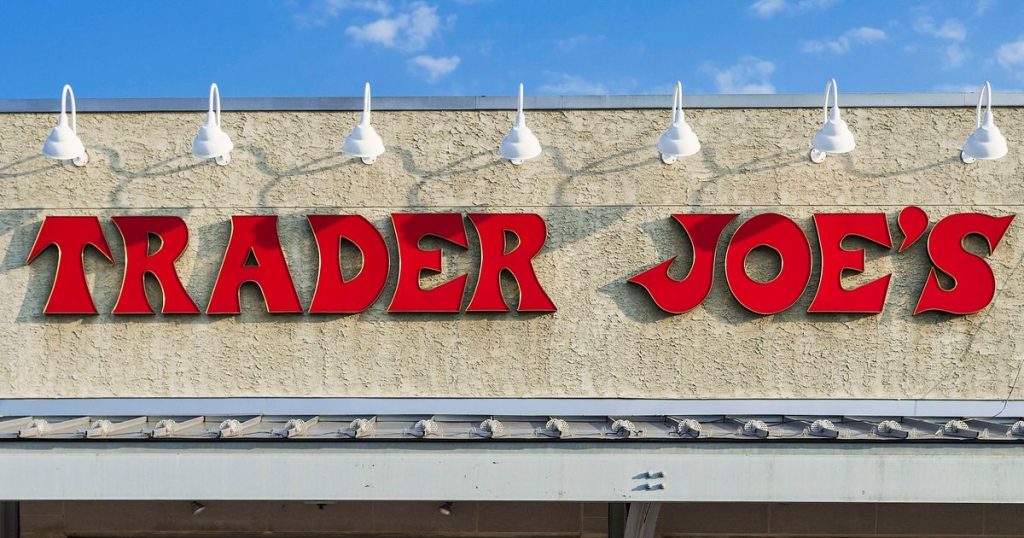In a recent legal ruling, a federal judge criticized Trader Joe’s for filing a “meritless” trademark claim against its workers’ union, Trader Joe’s United, and ordered the grocer to pay over $112,000 in legal fees for the union. The judge, U.S. District Judge Hernán D. Vera, dismissed the lawsuit in January, stating that Trader Joe’s had attempted to use the legal system against its own employees. The judge emphasized that employers should be discouraged from bringing baseless claims against unions they are challenging, especially in organizing campaigns. The ruling serves as a deterrent for similar litigation in the future.
Trader Joe’s had initially claimed that Trader Joe’s United had violated its trademarks through its name and logo, causing potential harm to the grocer’s reputation. However, the judge found the claim lacking in substantive merit and likely only pursued in response to conflict with the union. The judge’s latest order to pay the union’s legal fees signals a victory for the labor movement, as companies are now being held accountable for trying to use trademark law to deter workers from organizing. Trader Joe’s may appeal the decision, but such litigation could further increase the company’s legal expenses.
The union’s attorney, Seth Goldstein, hailed the ruling as a significant win for labor, as it sends a message to other companies considering similar actions. Goldstein emphasized that companies can no longer use trademark litigation or other legal tactics to intimidate unions and impede their organizing efforts. Trader Joe’s United had characterized the trademark infringement lawsuit as a strategy to burden the union with costly litigation. The judge’s decision to hold Trader Joe’s financially responsible for the union’s legal fees underscores the importance of upholding fair labor practices and protecting workers’ rights.
Trader Joe’s is not the only company to pursue trademark litigation against a staff union, with other examples including Medieval Times and Starbucks. However, in all three cases, the unions have criticized the claims as attempts to intimidate and impede their work through legal means. The ruling against Trader Joe’s sets a precedent for other companies considering similar actions, making it clear that frivolous lawsuits against unions will have financial consequences. By paying the union’s legal fees, Trader Joe’s is being held accountable for its actions and sending a message to other employers.
The original trademark claim brought by Trader Joe’s last July was rooted in the concern that the union’s merchandise, such as reusable shopping bags with the phrase “Trader Joe’s United,” could confuse customers and damage the grocer’s reputation. However, the judge dismissed the argument, noting that it was unlikely for customers to mistake the union’s merchandise as products of the grocer, especially as it was only available through the union’s online store. The judge’s skepticism toward Trader Joe’s claim of potential reputational harm further reinforces the ruling that the lawsuit was meritless and intended to obstruct the union’s activities.
Overall, the legal ruling against Trader Joe’s for its trademark claim represents a significant victory for the labor movement and worker’s rights. The judge’s decision to order the grocer to pay the union’s legal fees serves as a warning to other companies considering similar actions and highlights the importance of fair labor practices. By holding Trader Joe’s accountable for its baseless lawsuit, the ruling sets a precedent that could deter other employers from using trademark litigation to hinder union activities. The victory for Trader Joe’s United and the labor movement underscores the significance of protecting workers’ rights and preventing companies from using legal tactics to impede organizing efforts.


